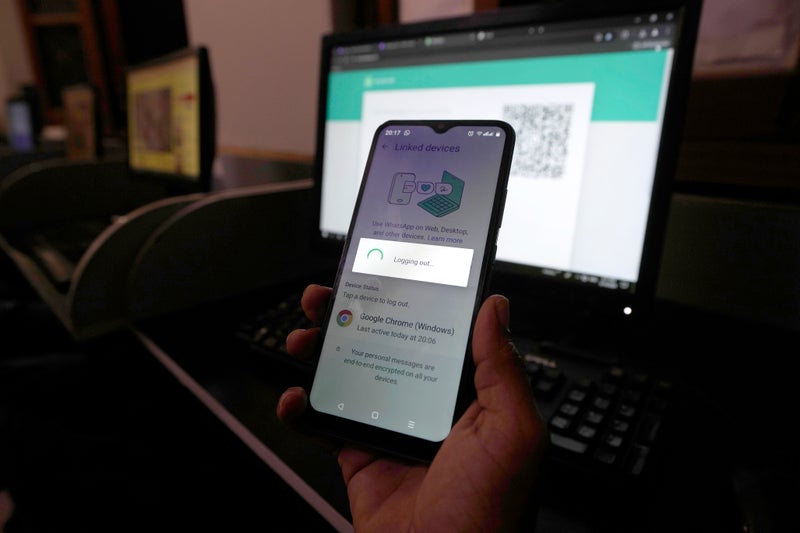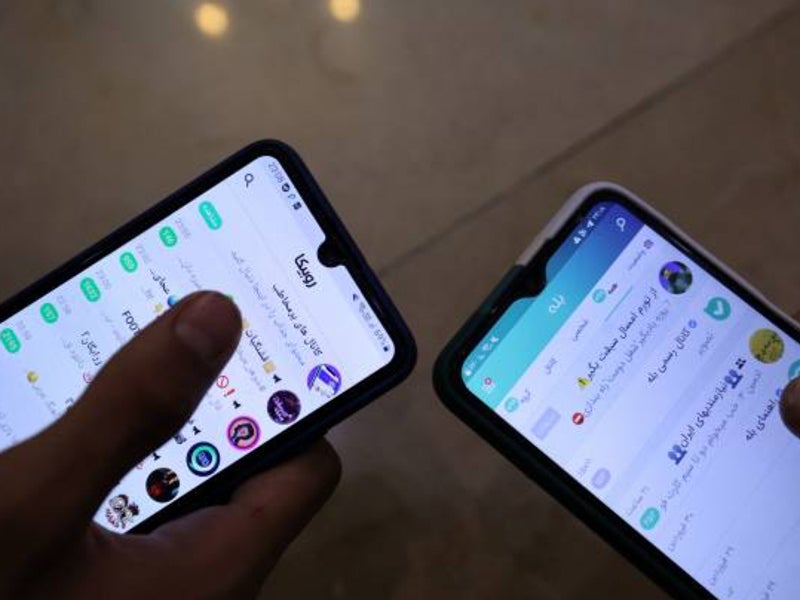An investigation has exposed the tech firm’s cooperation with autocratic regimes to remove unfavourable content. Google has cooperated with autocratic regimes around the world, including the Kremlin in Russia and the Chinese Communist party, to facilitate censorship requests, an Observer investigation can reveal. The technology company has engaged with the administrations of about 150 countries since 2011 that want information scrubbed from their public domains.
![[Alexei Navalny]](https://i.guim.co.uk/img/media/09340d298e5d55805e76fd5e7a4f82e746c3cfab/0_121_3500_2100/master/3500.jpg?width=445&dpr=1&s=none&crop=none)
As well as democratic governments, it has interacted with dictatorships, sanctioned regimes and governments accused of human rights abuses, including the police in Taliban-controlled Afghanistan. After requests from the governments of Russia and China, Google has removed content such as YouTube videos of anti-state protesters or content that criticises and alleges corruption among their politicians.
![[Ayatollah Ali Khamenei]](https://i.guim.co.uk/img/media/88a3321e87b9b153a2f8de9a66956d8cacc4f309/0_233_4800_2880/master/4800.jpg?width=445&dpr=1&s=none&crop=none)
Google’s own data reveals that, globally, there are 5.6m items of content it has “named for removal” after government requests. Worldwide requests to Google for content removals have more than doubled since 2020, according to cybersecurity company Surfshark. Google is one of the world’s most powerful information gatekeepers, with billions of people using its products such as Search, YouTube, Drive and Chrome every day.
![[Taliban officials walking down a street]](https://i.guim.co.uk/img/media/1212d80355ae58166342d86a69101a8f437bb848/0_0_4034_2420/master/4034.jpg?width=445&dpr=1&s=none&crop=none)
The company regularly receives requests to take down information from national and local governments globally, as well as judiciaries, police forces and military bodies. Information can be taken down for a variety of reasons, such as copyright infringement, privacy breaches, defamation, or for violating the company’s policies. Google does not publish full data on takedown requests, but it does produce a selection of summaries about certain censorship requests it believes “may be of public interest”. These summaries are included in the company’s Transparency Report, which it updates every six months.
![[Xi Jinping and Vladimir Putin]](https://i.guim.co.uk/img/media/4c90cae8ffd73e50e9efd7212906390c163a639e/0_110_3293_1975/master/3293.jpg?width=445&dpr=1&s=none&crop=none)
Analysis by the Observer of this report has revealed an opaque process for removing content and incomplete data. It raises questions about Google’s role in controlling public information, and in areas such as disinformation, war propaganda and geopolitics. Critics have expressed concern that Google is “playing God”, with little oversight or regulation. The Observer analysed the removals data for specific countries, the types of requests made, who was making them and over what time period they were made. In some cases, where Google has set out details of specific requests, these were also analysed.
After national security, the majority of global takedown requests to Google since 2020 are on the grounds of copyright, and privacy and security. Thousands of requests are categorised as “other”, with no further explanation provided by Google. One removal request can be for multiple items of content. Google, whose parent company, Alphabet, made revenues of $350bn last year, also gives figures for the total items it has “named for removal”, but does not specify how many it has actually removed.
In the four years to June 2024, Russia accounted for more than 60% of takedown requests. The country’s internet censor, Roskomnadzor, is one of the government agencies that corresponds most frequently with Google – and has earned the nickname “Rosco” in some of its reports. At the behest of Roskomnadzor, the tech company removed a YouTube video that allegedly exposed “corruption among politicians” and made “some rhetorical threats of violent action against the alleged corrupt politicians”, Google’s report said.
Russian citizens were also prevented from viewing certain posts on the company’s Blogger platform, which “included criticism of Russian military history and policy, and Russian patriotic holidays. It also incited violence against residents of a Russian town,” the report said. YouTube footage of Ukrainian protesters burning a Russian flag and of people insulting Russian state symbols was also taken down.
In 2022, Google censored multiple YouTube videos calling for protests against Vladimir Putin’s government. Other pieces of content that criticised Putin, including the late Russian opposition leader Alexei Navalny’s tactical-voting recommendations, were temporarily blocked during the September 2021 election period. Roskomnadzor “and other Russian government entities” also asked that Google removed Navalny’s Smart Voting app from its Play store, which it did.
A Kremlin cabinet minister, a senator, the boss of a state-owned bank and the head of a government agency have all sought Google’s assistance to scrub information from their domestic internet. But it is not known if Google agreed or what it removed for them, and the company did not provide further information when asked. In China, at the request of the ministry of public security, which oversees the police and domestic political spying networks, Google took down more than 200 videos. The ministry had requested removals for 412, of which 346 “contained allegations about corruption within the political system in the People’s Republic of China or stories about top government officials”.































